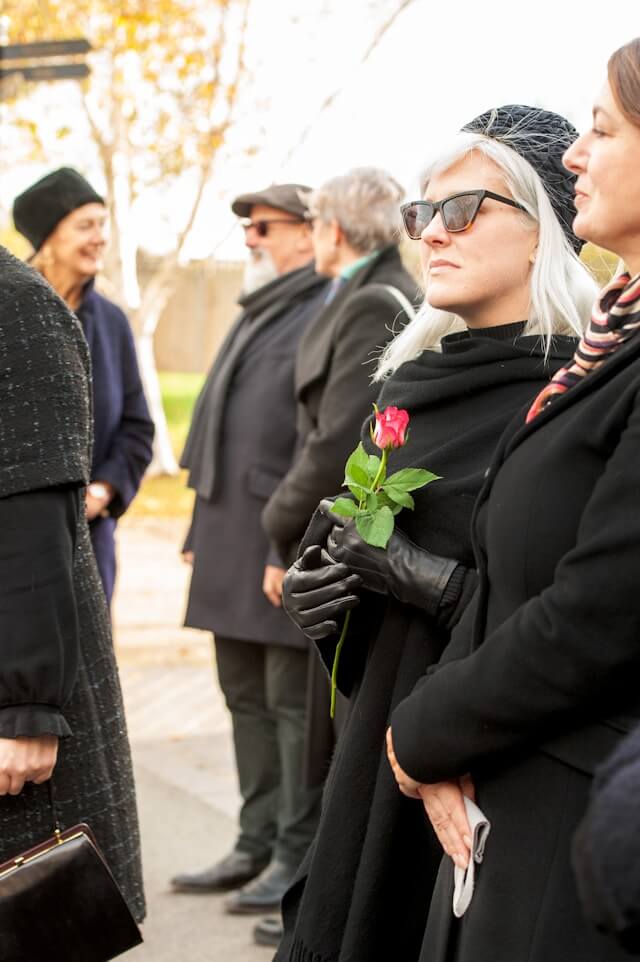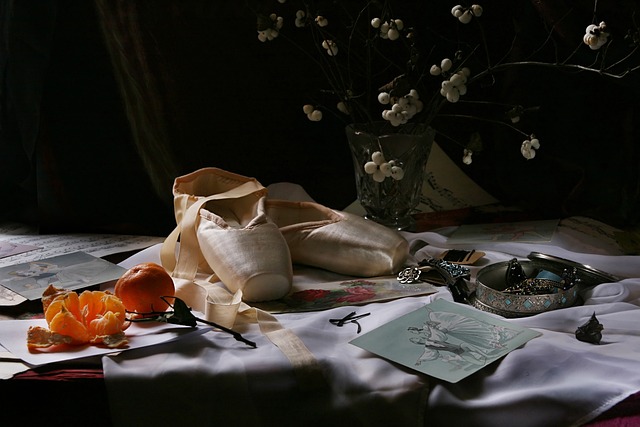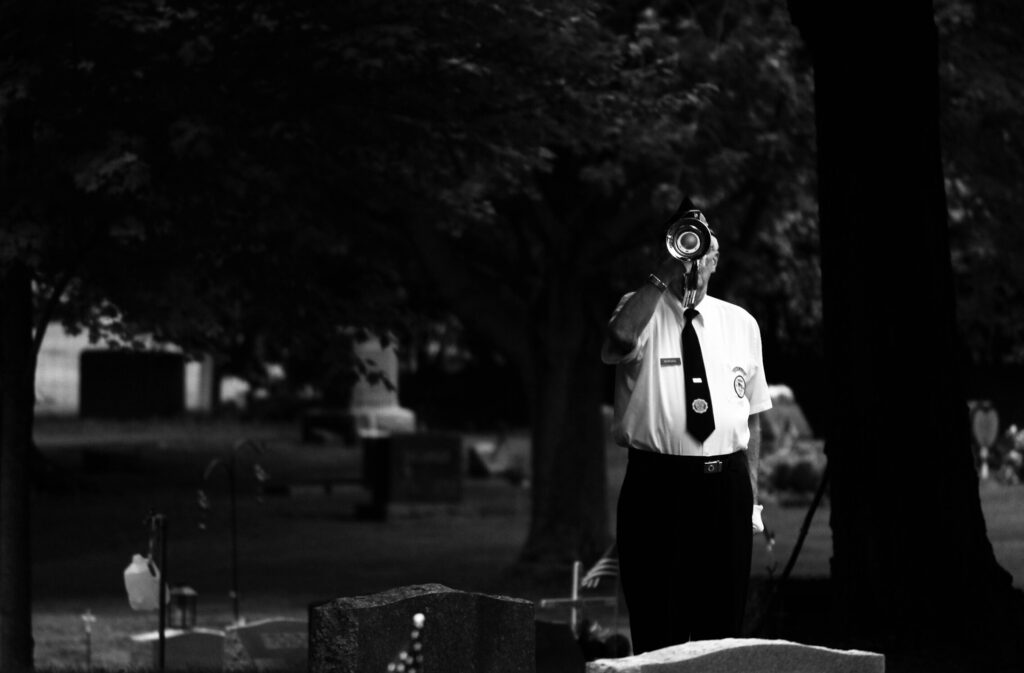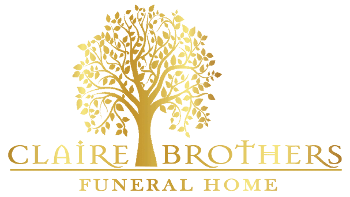
claire brothers Funeral Services

Traditional Services
At Claire Brothers Funeral Home, our Traditional Services offer a respectful and heartfelt way to honor your loved one. We provide a warm environment where families can gather to celebrate life. This service includes a beautiful viewing, a meaningful ceremony, and the guidance of our caring staff. We handle all the details, from transportation to paperwork, so you can focus on what matters most—cherishing memories. Our goal is to create a personalized experience that reflects the unique spirit of your loved one. Let us help you navigate this journey with compassion and dignity.
Cremation Services
Our Cremation Services at Claire Brothers Funeral Home offer a gentle and respectful alternative to traditional burials. We understand that every family is unique, and we provide customizable options to meet your needs. Our team will guide you through the process, ensuring that your loved one is treated with the utmost care. We offer choices such as memorial services, urn selection, and even scattering options. With our compassionate support, you can create a meaningful tribute that honors your loved oneʼs life while allowing for personal reflection. Let us help you celebrate their memory with dignity.


Grief Support
At Claire Brothers Funeral Home, we believe in supporting families not just during the service, but also in their journey through grief. Our Grief Support services offer compassionate resources to help you cope with loss. We provide counseling, support groups, and informative materials that guide you through the healing process. Our caring team understands that everyone grieves differently, and we are here to listen and help. Whether you need someone to talk to or a safe space to share your feelings, you’re not alone. Let us walk alongside you during this challenging time with warmth and understanding.
Veteran Services
At Claire Brothers Funeral Home, we honor the brave men and women who served our country with our Veteran Services. We understand the unique needs of veterans and their families during times of loss. Our dedicated team provides guidance on benefits and military honors, ensuring your loved one receives the recognition they deserve. We can assist with arranging services that include flag presentation, military honors, and assistance with paperwork for burial in a national cemetery. Let us help you pay tribute to their courage and sacrifice, creating a meaningful farewell that reflects their service and legacy.

